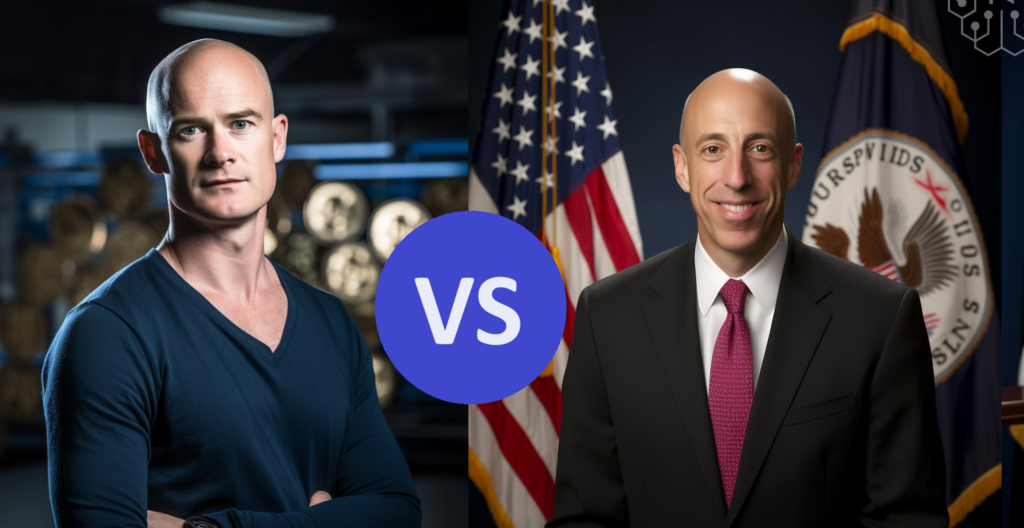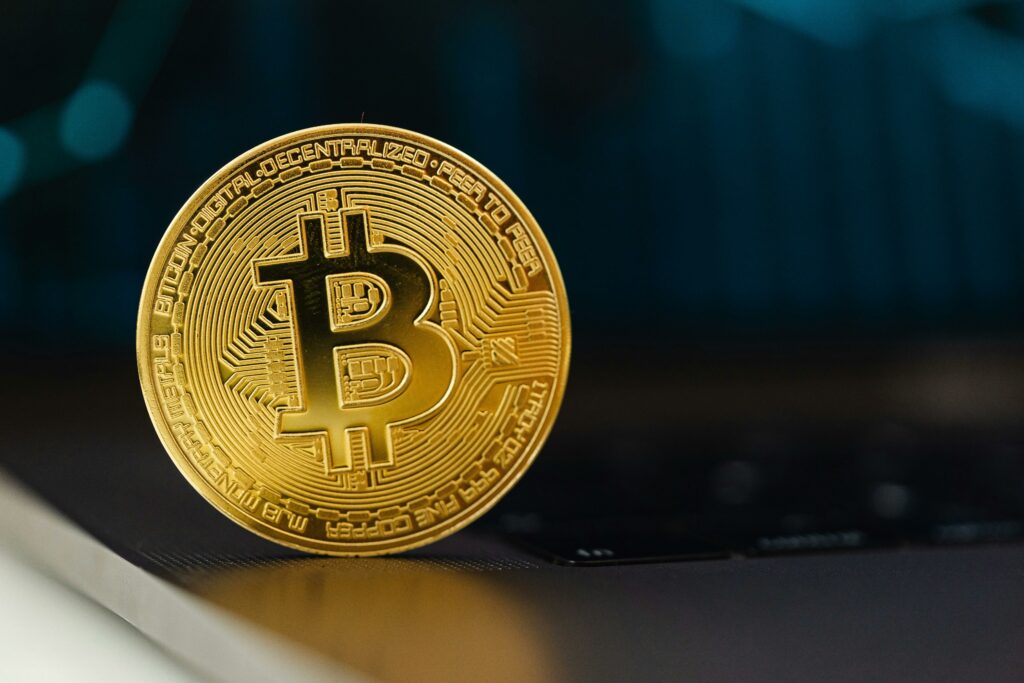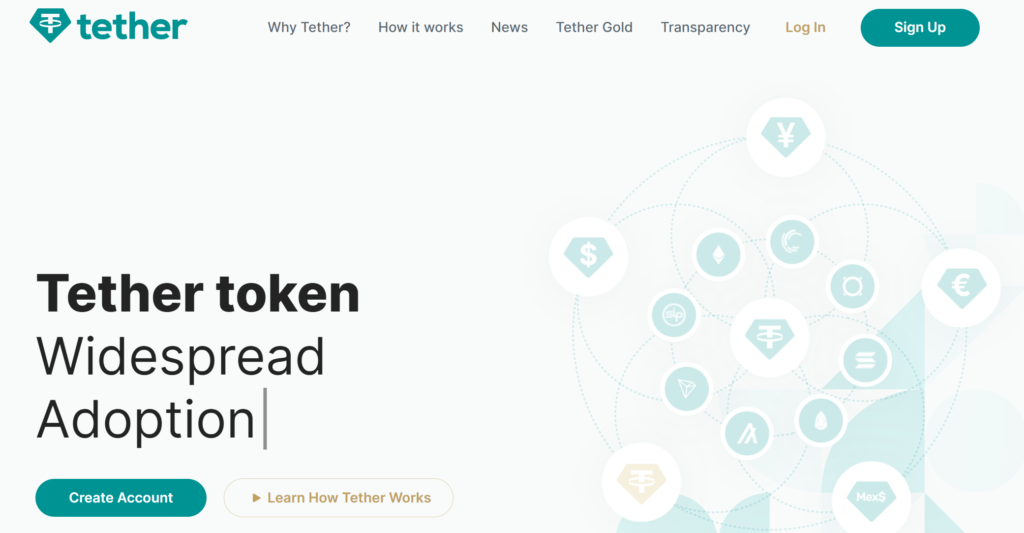In a pivotal courtroom showdown, Coinbase CEO Brian Armstrong’s legal team clashed with the Securities and Exchange Commission (SEC), seeking the dismissal of the regulatory body’s action. The outcome of this legal skirmish could significantly impact the cryptocurrency sector, as the U.S. District Court for the Southern District of New York deliberates on whether transactions involving a dozen crypto tokens should be considered unregistered securities.
The heart of the matter lies in the SEC’s contention that transactions on Coinbase’s platform involve investors buying into a token ecosystem with the expectation of sharing in its gains. While both sides agree that the tokens themselves are not securities, the SEC argues that these transactions, if deemed investment contracts, would implicate Coinbase under securities law. Coinbase, on the other hand, asserts that these are secondary-market trades without contractual obligations, and therefore, they should not be classified as securities.
Judge Katherine Polk Failla, presiding over the case, grappled with the complex legal arguments presented by both parties during a Wednesday court hearing. The judge refrained from making an immediate decision, leaving the crypto community in anticipation of her ruling in the coming weeks.
The implications of Judge Failla’s decision extend beyond Coinbase, as it may set a precedent for similar cases involving other cryptocurrency exchanges, such as Binance and Kraken. Recent rulings from judges in the same court have been mixed, creating an uncertain legal landscape for the SEC’s pursuit of unregistered exchanges dealing in unregistered securities.
“This is a hard question,” acknowledged Judge Failla during the hearing, emphasizing the intricacies of the case. Attorneys for both Coinbase and the SEC presented their arguments, with the SEC’s Patrick Costello asserting that the digital assets obtained through transactions on the platform constitute a contractual relationship.
Coinbase’s legal representative, William Savitt, countered that an “investment contract” under the Howey test requires a specific contractual obligation between the token issuer and the buyer, emphasizing the absence of such obligations in the contested transactions.
The judge’s skepticism about the SEC’s position, especially regarding the potential expansion of the definition of securities to collectibles like art or trading cards, resonated with crypto insiders. The crypto community eagerly awaits the judge’s ruling, which could either bolster the SEC’s regulatory authority over crypto platforms or signify a legal setback for the agency, reinforcing the industry’s perspective that the SEC is overreaching in its regulatory efforts.
Disclaimer
The information in this article is for general informational purposes only and should not be considered as legal, financial, or professional advice. Readers should consult with appropriate professionals for advice tailored to their specific circumstances. Reliance on the information is at the reader’s own risk. The author make no warranties about the completeness, accuracy, or suitability of the information. The article does not endorse any specific company, product, service, or investment. The views expressed are those of the author and do not necessarily reflect the official position of any other entity. The author disclaim any liability for loss or damage arising from the use of this information. Readers should verify information independently and seek professional advice







